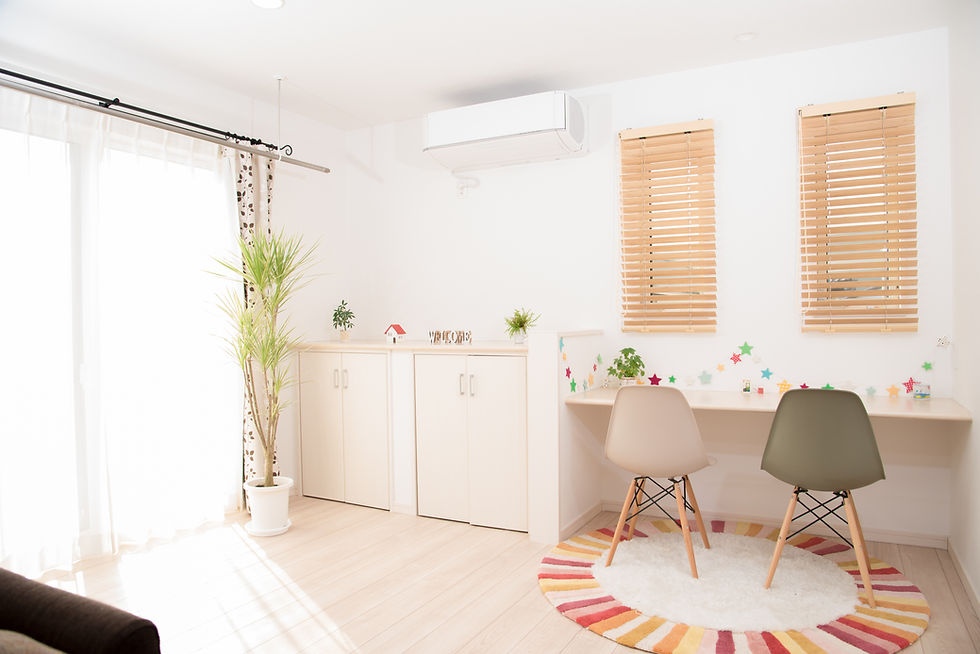Working From Home: How AC Can Boost Productivity
- Cold Control
- Feb 4, 2021
- 2 min read
Among the many changes brought about by coronavirus, the shift in working patterns may turn out to be the most significant. For workers who previously commuted on jammed roads or overcrowded trains, it has certainly been an eyeopener. But many of the former commuters we've spoken to are finding homeworking harder than they expected...and we think climate control has a lot to do with it!

The last 30 years have seen the emergence of air conditioning as an integral part of the UK work environment. While the Workplace (Health, Safety and Welfare) Regulations (1992) offer no set definition of correct working temperature, they stipulate 'reasonable' levels. And any number of studies have shown that chilly or overheated offices significantly reduce productivity. So, it's no surprise that many employers have been happy to invest in state-of-the-art climate control systems.
But what happens when those cosseted 21st century workers take their work home? Well, once the novelty of working from the settee has worn off, many of them find that, by comparison with the open-plan offices and temperature-controlled shopfloors they're used to, their houses and flats don't come up to the mark.
The simple fact is that we've allowed our homes to lag behind on climate control. According to a 2016 report from BDO, as little as 0.5% of UK domestic space is air conditioned!
We already mentioned the productivity benefits of climate control…and those apply just as much to homes as to offices. But air conditioning has other advantages for householders:
Health & safety
Air conditioning systems have inbuilt filters that remove bugs and dust. Filtration can reduce the spread of illnesses, and it can be a gamechanger for allergy sufferers.
Cost
Many wish to heat or cool just the area they’re working in – whether it be the study, conservatory, summer
house or loft conversion – as opposed to the entire house.
In this instance, a split AC system that delivers the ability to both cool and heat a room, is three times cheaper to run than an electric heater.
Security
It’s a scorching-hot day and the likelihood of you opening windows and doors to keep cool is high. However, it’s easy to forget to shut the windows and close doors securely, potentially leaving your home vulnerable to break-ins.
Air con means you can keep windows shut and locked, even when it’s sweltering outside.
Maintenance
Particularly in winter, households across the UK will run the central heating all day. The resulting warm, moist conditions will encourage damp and mould, and lead to increased repair bills in the warmer months. Air con makes for dry air and cheaper home maintenance.
Air conditioning has benefits year-round, but we think these considerations will weigh most heavily on UK householders during the colder months. (After all, the majority of the homes in this country still rely on clunky old metal radiators for space heating.)
At Cold Control, we think everyone should enjoy the benefits of proper air conditioning. Get in touch to learn how you can make your own ideal microclimate.



